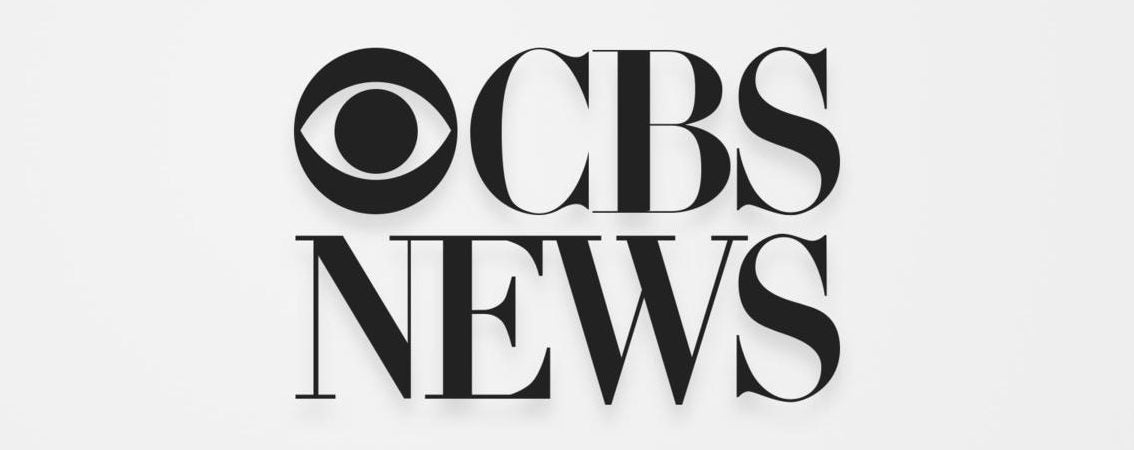Washington — U.S. and Chinese negotiators are set to kick off the latest round of talks aimed at ending a trade war that has dented the countries’ economies and rattled investors.
Chinese Vice Premier Liu He will lead a delegation into meetings in Washington with U.S. Trade Representative Robert Lighthizer and Treasury Secretary Steven Mnuchin.
The world’s two biggest economies are deadlocked over U.S. allegations that China steals technology and pressures foreign companies to hand over trade secrets as part of a sharp-elbowed drive to become a world leader in advanced industries such as robotics and self-driving cars.
Under President Donald Trump, the United States has slapped tariffs on more than $360 billion worth of Chinese imports and is planning to hit another $160 billion Dec. 15. That would extend to import taxes to virtually everything China ships to the United States. China has hit back by targeting about $120 billion in U.S. goods, focusing on farm products.
“I’m driving a tough bargain, but I have to,” Trump told reporters at the White House Wednesday.
The high cost of the tariffs and uncertainty over when and how the trade war will end have taken an economic toll, especially on manufacturing companies. A private survey last week found that U.S. factory output had dropped to its lowest level since 2009, when the economy was in the grips of a deep recession. Economic growth in both the U.S. and China have slowed this year, raising pressure on the sides to strike a deal.
Expectations for this week’s talks are low. Beijing has been reluctant to make the kind of substantive policy reforms that would satisfy Washington. Doing so likely would require scaling back the Chinese leaders’ aspirations to technological dominance they see as crucial to their country’s future prosperity.
Goldman Sachs analysts said the House impeachment inquiry into Mr. Trump could result in a delay in U.S. tariffs scheduled to take effect on roughly $250 billion in Chinese goods on Oct. 15.
“The domestic political environment raises the probability of a temporary pause, in our view, as the impeachment inquiry in the House may lead the White House to avoid further escalation of the trade war,” they said in a research note.
The Office of the U.S. Trade Representative hasn’t yet published a notice of next week’s tariff increase in the Federal Register, as is required by law, leading to speculation the levies could be pushed back.
Mark Haefele, global chief investment officer with UBS Wealth Management, expects only modest progress at this week’s talks. That could avoid further escalation of the 15-month trade fight, but is unlikely to resolve key issues, such as U.S. demands that China end forced technology transfers from American companies.
Financial markets have been volatile this year, with a range of industries expressing concern that the deepening rift between the world’s two biggest economies will slam corporate profits.
To read the original article: Click here

